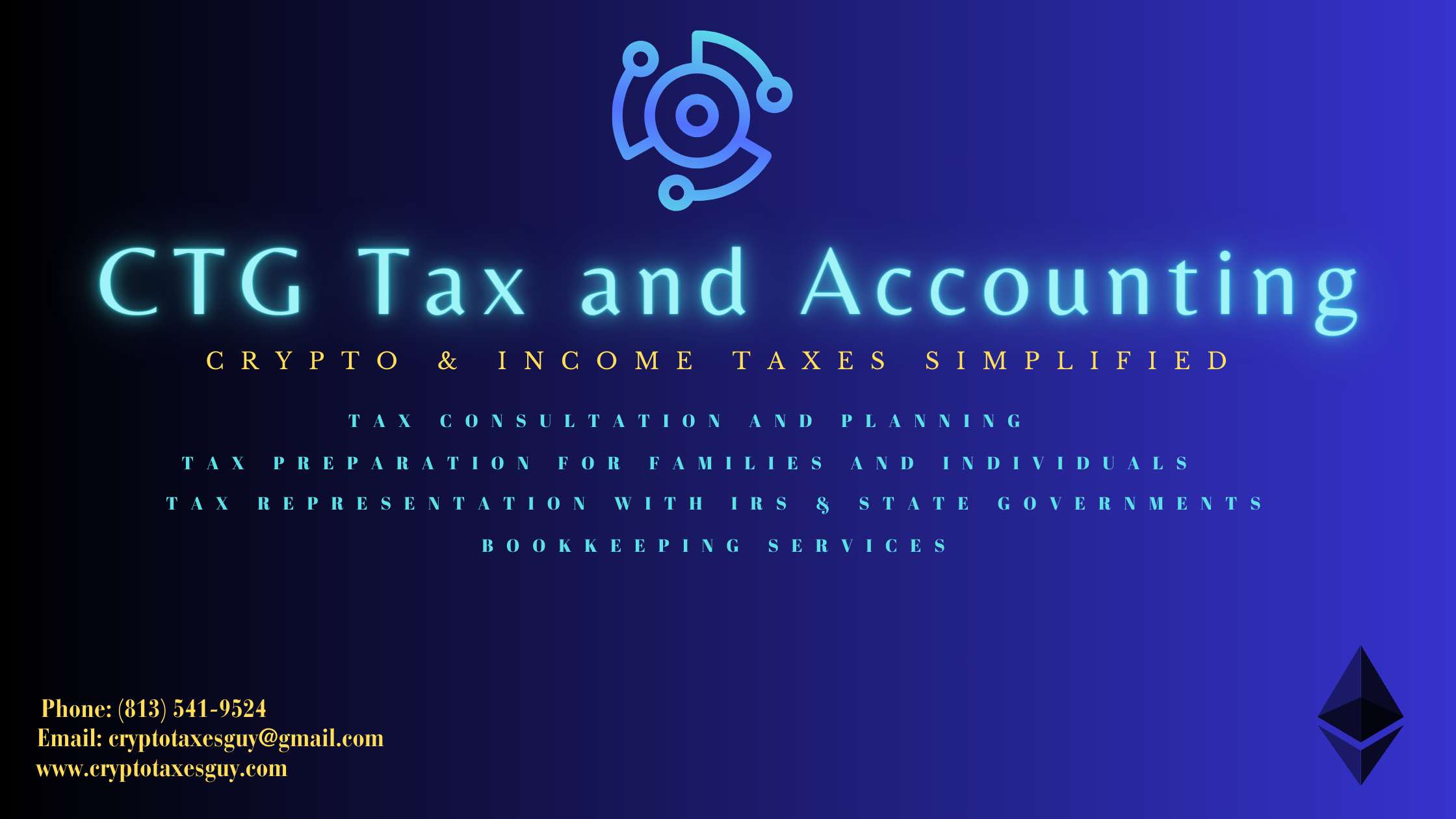You moved to a no income tax state from a high-income tax state.
You moved to a no income tax state from a high-income tax state. Only to find you still owe taxes to the state you left.
Why are you paying taxes to a state you no longer live in?
The pandemic changed how laptop workers migrated. Many left to lower income tax states with more housing affordability. However, the workers that left remained with the company they worked for. For example, a NY state employee found a beautiful low-cost home in Florida, but remained with the same employer. Only to find out after filing the tax return, that there were taxes due to NYS.
If a NYS employee moves out of state but remains with the employer, the employer may still have nexus in New York State. This is because the employee’s presence in New York State is attributed to the employer.
Employer may be required to withhold New York State income taxes from the employee’s paycheck. The employer may also be required to pay NYS unemployment insurance and worker’s compensation taxes for the employee.
Other state and local municipalities have also looked to tax residents who have moved out of state. The state will look at where the business where the employee works is located.
The convenience test may be used to determine if the wages are taxable to the state where the employee’s business is located. The convenience rule, will source the wages earned to the location of a nonresident employee’s assigned office. Many states have moved to tax remote workers who left their home state and subject their income to the location where the business is located (where they moved from).
If you’re a business owner and try to create a business in a state like Nevada although you live in California, you will be subject to California tax as that is where you reside and where your income is considered to be earned. ome states require you to pay taxes on all income earned, regardless of the source (you will get a credit in your home state if you pay taxes on that income in another state), while other states have a reciprocity agreement and don’t require you to claim income in both states.
Check with your tax advisor to see if you have to pay taxes to another state if you moved to a non-income tax state or low-income tax state. Don’t make assumptions on taxes based on social media posts.
